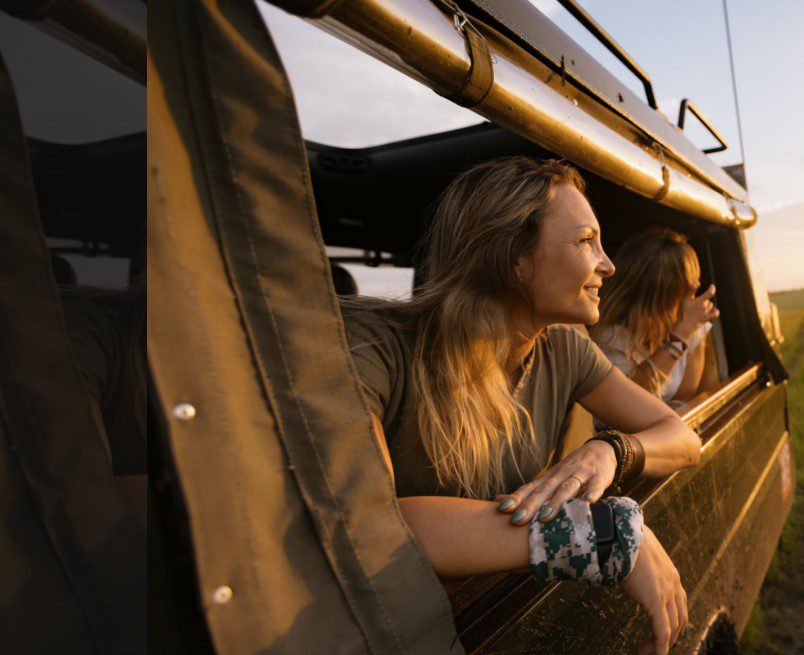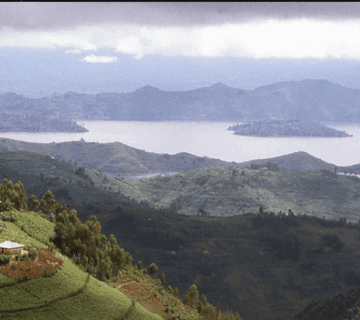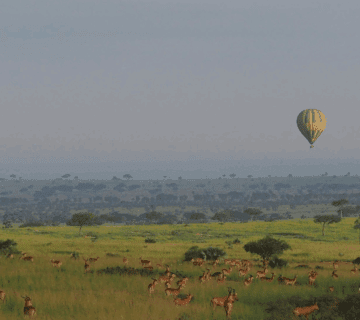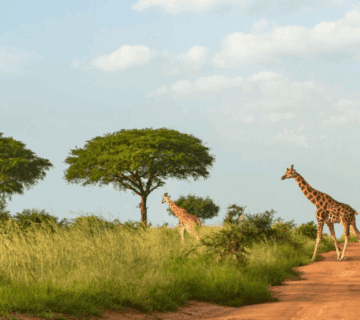How Do I Avoid Overpaying for a Safari?
Embarking on a safari is a dream for many—an adventure into the wild, a chance to witness Africa’s stunning wildlife in their natural habitat, and a once-in-a-lifetime experience. However, when it comes to planning such an unforgettable journey, one common concern is the cost. Safaris can range from affordable to eye-wateringly expensive, but you can avoid overpaying by being strategic and informed. With the right approach, you can enjoy the safari of your dreams without breaking the bank. Here’s how to do it.
1. Understand the Factors Affecting Safari Prices
Before diving into the specifics of how to avoid overpaying, it’s important to understand what drives safari costs. These can vary depending on several key factors:
Destination: Some safari destinations are more expensive than others. For example, safaris in popular areas like the Maasai Mara in Kenya or the Serengeti in Tanzania tend to be pricier, while lesser-known parks or private conservancies can offer more affordable options.
Accommodation: The type of accommodation you choose can significantly affect the price. From luxury lodges to basic camping, the options are vast. Luxury accommodations can cost thousands per night, while budget-friendly options allow you to explore without the hefty price tag.
Time of Year: High season (typically from June to September) brings more tourists and higher prices. The off-season (usually from April to May or November) offers lower rates and fewer crowds.
Safari Length: A longer safari naturally costs more, so carefully considering how many days you want to spend on your safari will help you avoid unnecessary expenses.
2. Travel in the Off-Season
One of the simplest ways to avoid overpaying for a safari is by planning your trip during the off-season. During peak times, such as the dry season or holiday periods, safari destinations experience a surge in demand. This results in higher prices for accommodation, transport, and park fees. The off-season, which typically occurs during the rainy season, offers lower prices and fewer crowds.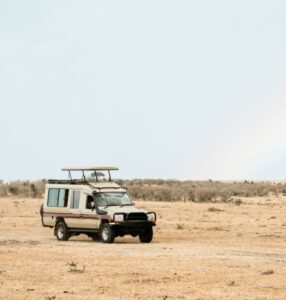
While the weather might be a little unpredictable, this is when you can find some of the best deals on safaris. Plus, the lush landscapes are breathtaking, and wildlife sightings can still be fantastic. Another bonus is that the animals are often more visible during the dry season, when water sources are scarce, and they congregate around watering holes.
3. Book with a Reputable Safari Operator
One of the best ways to avoid overpaying for your safari is by booking through a reliable and reputable tour operator. However, not all tour operators are created equal, and it’s essential to do your homework before committing. A trusted operator can offer you the best experience for the right price, guiding you to affordable yet high-quality safari packages that match your budget.
When choosing an operator, consider their experience and customer reviews. Look for feedback from other travelers who have had similar safari experiences. You should also ask for a breakdown of what’s included in the price: some operators may offer packages that include meals, transport, and park fees, while others may charge these separately.
Be cautious of “too-good-to-be-true” deals. A price that seems too low may indicate that corners are being cut, and you may end up with a subpar experience. Always prioritize quality and value over the lowest price.
4. Opt for Group Safaris
Traveling in a group is a great way to save money on a safari. Group safaris allow you to split the costs of accommodations, transport, and even the safari guide, making the experience more affordable. Many tour operators offer group tours, which allow solo travelers or small groups to join others for a shared experience.
While you may sacrifice a bit of privacy, the savings can be substantial. Additionally, group safaris often give you the opportunity to meet new people and share the excitement of the safari experience with others. The guide’s expertise is often more comprehensive on group tours, as they can share their knowledge with a broader audience.
5. Consider a Self-Drive Safari
For the adventurous, a self-drive safari could be a fantastic way to save money. Instead of booking guided tours, you rent a car and explore the park at your own pace. National parks like the Serengeti, Etosha, and Kruger are well-suited for self-drive safaris, with clear roads and well-marked routes for tourists.
When planning a self-drive safari, you’ll need to consider the cost of the rental car, fuel, park entry fees, and any camping or accommodation costs. However, when compared to a fully guided safari, this option can be much more affordable. Self-drive safaris offer a sense of independence and flexibility, allowing you to tailor your experience to your interests and pace.
6. Research Park Fees and Extras
One area where many travelers inadvertently overspend is in park entry fees and additional costs that may not be included in the initial safari package. Many national parks and game reserves charge hefty entrance fees, and these fees can vary significantly from park to park. Be sure to research the fees for each park you plan to visit and factor them into your budget.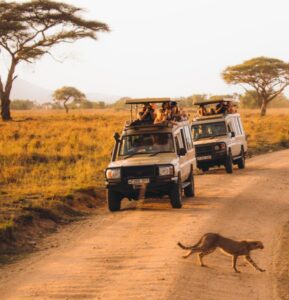
Additionally, many parks charge extra for activities like game drives, walking safaris, or night safaris. While these activities can enhance your experience, they also add to your overall cost. Consider whether these activities are essential to your experience or if you can skip them in favor of a more affordable option.
Some safari operators include park fees and activities in their packages, while others may charge these separately. Ensure you understand exactly what’s included and what’s not so that you aren’t hit with unexpected charges.
7. Choose Budget-Friendly Accommodation
Accommodation is a significant part of your safari costs, but there are plenty of budget-friendly options available. While luxury lodges and high-end camps can be tempting, they aren’t the only way to experience a safari. Consider staying in more affordable accommodations like campsites, budget lodges, or guesthouses, which offer clean and comfortable spaces without the hefty price tag.
Camping, in particular, is a great option for budget travelers. Many national parks offer designated camping areas, where you can set up your tent or rent a pre-erected tent for a fraction of the cost of staying in a lodge. This option brings you closer to nature and offers a more authentic safari experience.
If you prefer not to camp, look for mid-range lodges or guesthouses. These often provide great value, offering comfortable accommodation and meals without the luxury price.
8. Plan and Book Early
Last-minute bookings can sometimes result in higher prices, especially during peak seasons. To secure the best deals, plan and book your safari well in advance. Many operators offer early bird discounts or special offers for those who book months ahead of their trip. Additionally, booking in advance allows you to compare different operators and packages, ensuring you get the best value for your money.
While last-minute deals may be available, they often come with limited availability, meaning you may have to settle for less-than-ideal options. Early booking allows you to secure your preferred dates, accommodations, and activities at the best price possible.
9. Don’t Forget Travel Insurance
While it might seem like an additional cost, travel insurance is essential when going on a safari. It’s important to ensure that you’re covered for potential delays, cancellations, medical emergencies, or other unexpected events. The cost of insurance is generally minimal compared to the overall price of your trip, but it provides peace of mind and can save you money in the long run if something goes wrong.
Conclusion
A safari is one of the most incredible experiences you can have, but it doesn’t have to cost a fortune. By understanding the factors that influence safari prices, choosing the right time to travel, researching your options, and being strategic with your planning, you can have an unforgettable safari adventure without overpaying. Remember, it’s not about the price tag, but the memories and experiences you’ll take home. With the right approach, you can enjoy a safari that’s both affordable and truly spectacular.

